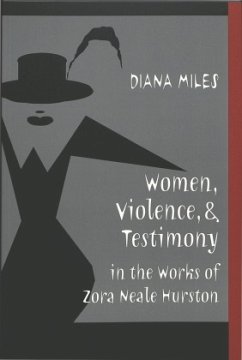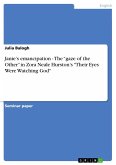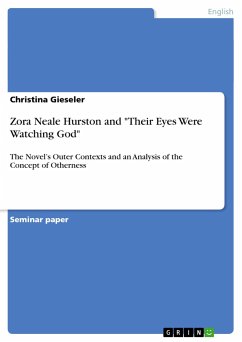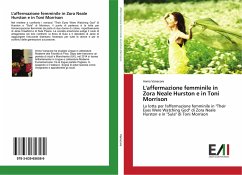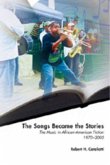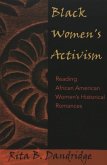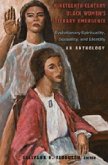Zora Neale Hurston produced some of the most provocative literature of the twentieth century. This book examines the numerous scenes of violence against women in her fictional works and the development of her feminist ideals. This groundbreaking book is the first full-length discussion of Hurston's repetitive rendering of violently controlled women. It gives significant insight into why Hurston's themes often questioned the power dynamics of heterosexual relationships. It also explores the effect of death and loss on Hurston's life and reveals intertwined relationships between writing and healing.
«Diana Miles argues that Zora Neale Hurston's works are trauma testimonies in which she revisits repeatedly the sites of pain and suffering, especially domestic violence, that occurred in her own life and in the lives of her family members, particularly her parents. Through creatively delineating trauma, Hurston transforms her own experience and vies for witnesses who will find in her works strategies for comparable transformation... Miles persuasively argues that Hurston's individualized approach to a creativity saturated with trauma testimony effectively moves her beyond limitations of race, gender, and class and into more universalized psychological encounters with readers at the points where all human experience intersects. Miles's book will assuredly inspire re-evaluation of Hurston's novels, autobiography, and aesthetic, as well as previous criticism of her work. It also has the potential to inspire psychoanalytic considerations of other African American authors and works about whom critical commentary is too frequently steeped exclusively in the racial vat.» (Trudier Harris, J. Carlyle Sitterson Professor of English, The University of North Carolina at Chapel Hill)
«In this work, Diana Miles moves beyond the celebration of authentic folk language so often the focus of Hurston criticism and takes a closer look at the implications of the violent content which also characterizes Hurston's work. In a book supported convincingly by trauma theorists, Miles examines Hurston's novels and autobiography as testimonial sites of the domestic violence and racial oppression experienced by many black women during the late nineteenth and early twentieth centuries. By offering testimony to this trauma in her works, Hurston allows her readers to 'bear witness' to the stories of the victims and thus set in motion a necessary part of the healing process. Miles offers a careful, insightful, and long overdue analysis of Hurston's work. You will want to read Hurston - and many other writers whose testimonies of trauma we may have missed - all over again after reading this book.» (Carolyn C. Denard, Department of English, Georgia State University)
«In this work, Diana Miles moves beyond the celebration of authentic folk language so often the focus of Hurston criticism and takes a closer look at the implications of the violent content which also characterizes Hurston's work. In a book supported convincingly by trauma theorists, Miles examines Hurston's novels and autobiography as testimonial sites of the domestic violence and racial oppression experienced by many black women during the late nineteenth and early twentieth centuries. By offering testimony to this trauma in her works, Hurston allows her readers to 'bear witness' to the stories of the victims and thus set in motion a necessary part of the healing process. Miles offers a careful, insightful, and long overdue analysis of Hurston's work. You will want to read Hurston - and many other writers whose testimonies of trauma we may have missed - all over again after reading this book.» (Carolyn C. Denard, Department of English, Georgia State University)

